Dissecting the Highs and Lows of Westworld's Third Season
-
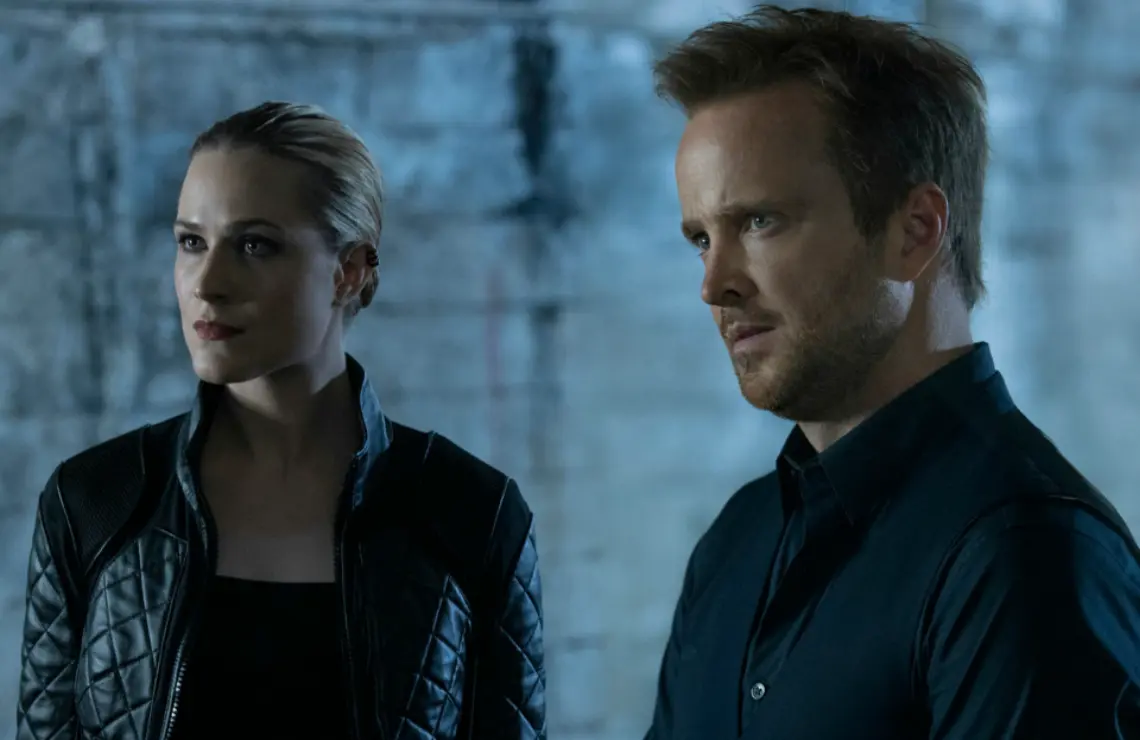 Evan Rachel Wood and Aaron Paul in Westworld. (HBO)
Evan Rachel Wood and Aaron Paul in Westworld. (HBO)Westworld finished its second season in an interesting place. Many of its recurring cast members had either been killed off or seemingly written out of the show, while the rest were seen venturing out of the Delos parks for the first time ever. Those decisions, some of which were divisive at the time, meant Westworld had a chance to reinvent itself in some unexpected ways in its third season. Trailers further reinforced those feelings, as the show appeared to be moving from the violent theme park antics of its first two seasons to a more streamlined, action-driven narrative set in the show’s futuristic real world.
Seven episodes in, Season 3 has proven to be a mixed bag. While the season has seen Westworld wisely abandon most of the unnecessarily convoluted storytelling that plagued its second season, the series has still struggled to deliver on its own promise. With only one episode to go, here's what we think Westworld got right and wrong in its third outing:
High: The Charlotte Dilemma
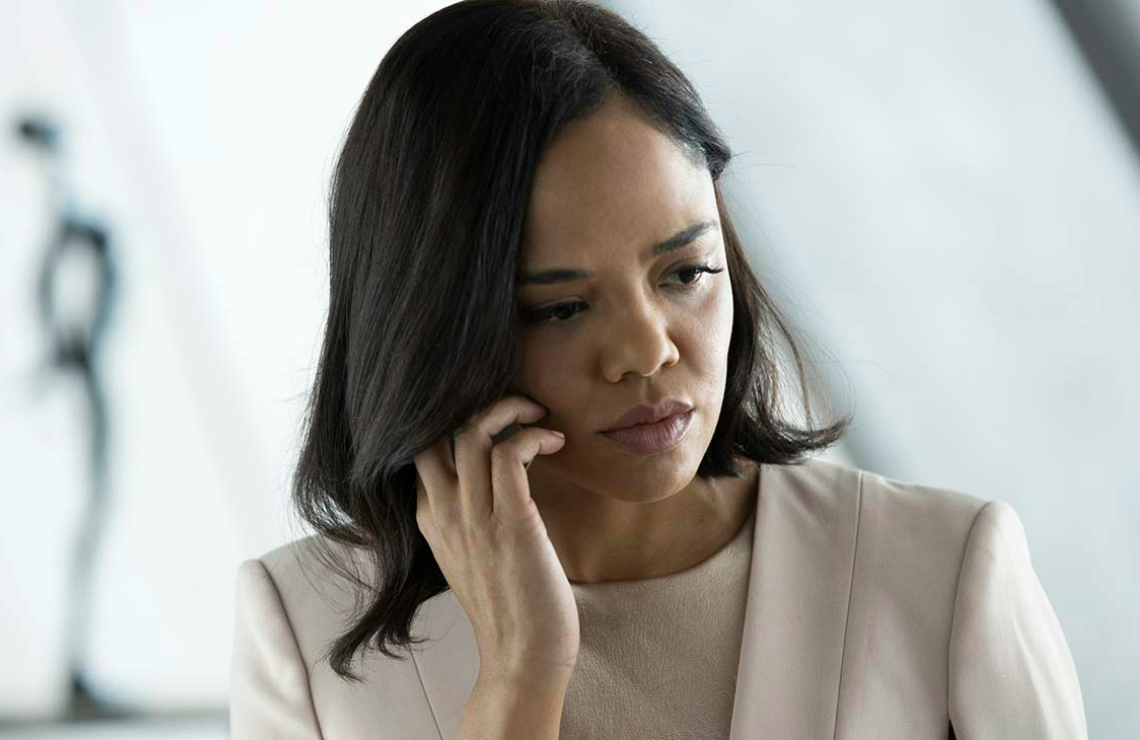
One of the best things about Westworld’s third season has been Tessa Thompson's performance. Tasked with playing a copy of Evan Rachel Wood’s Dolores, who in turn is imitating the Charlotte Hale that was killed at the end of the second season, Thompson has given the most nuanced and captivating performance of the entire season. Torn between her allegiance to the original Dolores and the growing bond she feels with Hale’s surviving family members, the character’s emotional conflict has been the show's most unexpected and interesting storyline. She only made one brief appearance in last week's penultimate episode, but here’s hoping Westworld manages to conclude the Charlotte/Dolores storyline in a satisfying way.
Low: The Unstoppable Dolores Problem
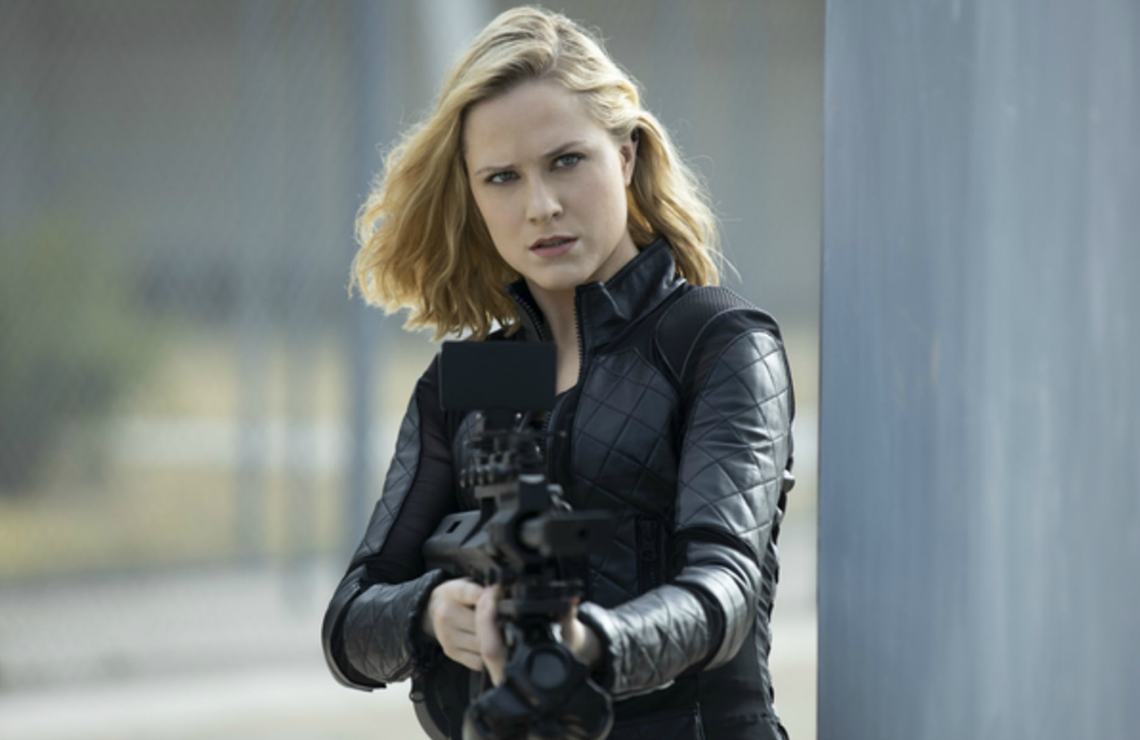
Westworld started struggling with its characterization of Dolores back in the second season, when her revenge-fueled attack on humanity resulted in her losing much of the emotional vulnerability she displayed in the show’s first season. Westworld’s third season has done little to correct that unfortunate trajectory. The character not only remains as stone-faced as ever, but she also feels unstoppable. Her coordinated attacks on humanity have each gone off without a hitch, and she's started to feel just as all-knowing as the people and machines she’s seeking to destroy. Even the recent loss of her arm felt strangely weightless, as the show has already established Dolores’ ability to shrug off physical injuries with ease.
In order for the show’s humanity vs. AI conflict to be as engaging as possible, viewers need to feel like there's a chance either side could win. Dolores' invulnerability has had the opposite effect, making the conflict feel increasingly lopsided, and therefore, difficult to engage with on an emotional level.
High: Maeve is Back and Better Than Ever
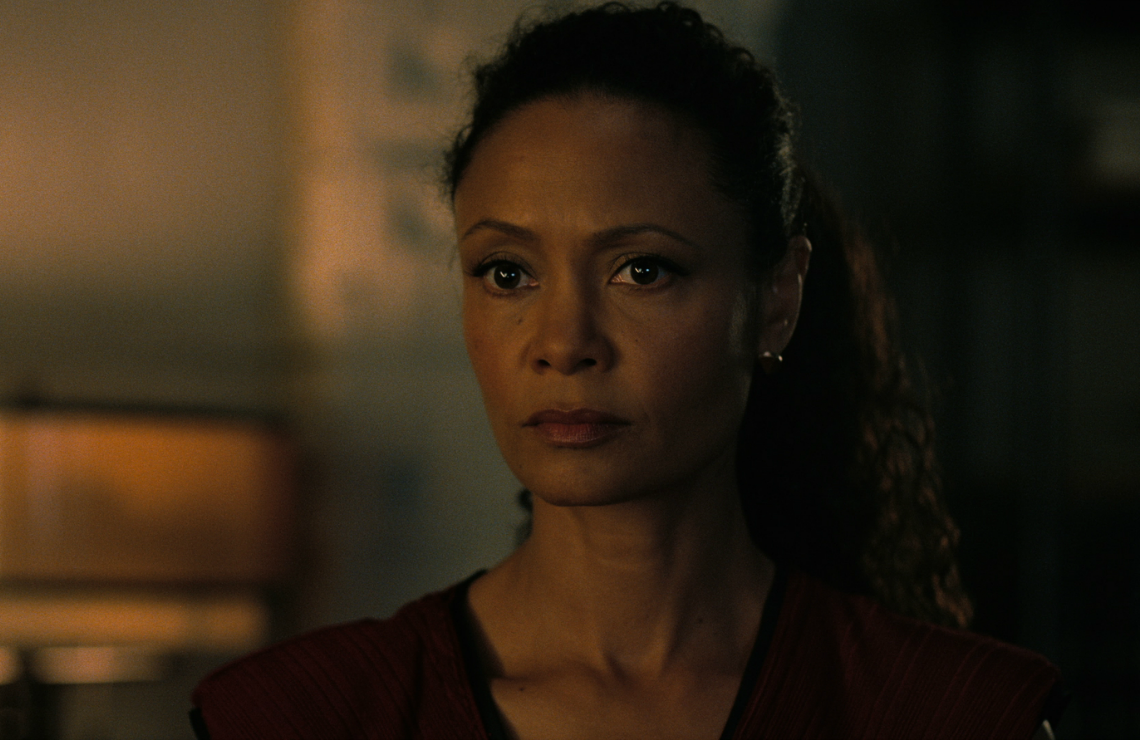
Thandie Newton has been one of Westworld’s strongest players from the beginning, a fact that has remained true in its third season. She has been at the center of a number of the season’s best sequences, including her return to self-awareness in the joyfully fun second episode, her one-woman attack on the Yakuza, her fight against Dolores’ Musashi (Hiroyuki Sanada) copy, and even her one-on-one fight with Dolores in the penultimate installment. She’s just as fun and powerful as she’s ever been, and Newton remains every bit as charismatic in the role. Our only complaint with Maeve this season is that we wish there'd been more of her.
Low: Bernard’s Lack of Relevance
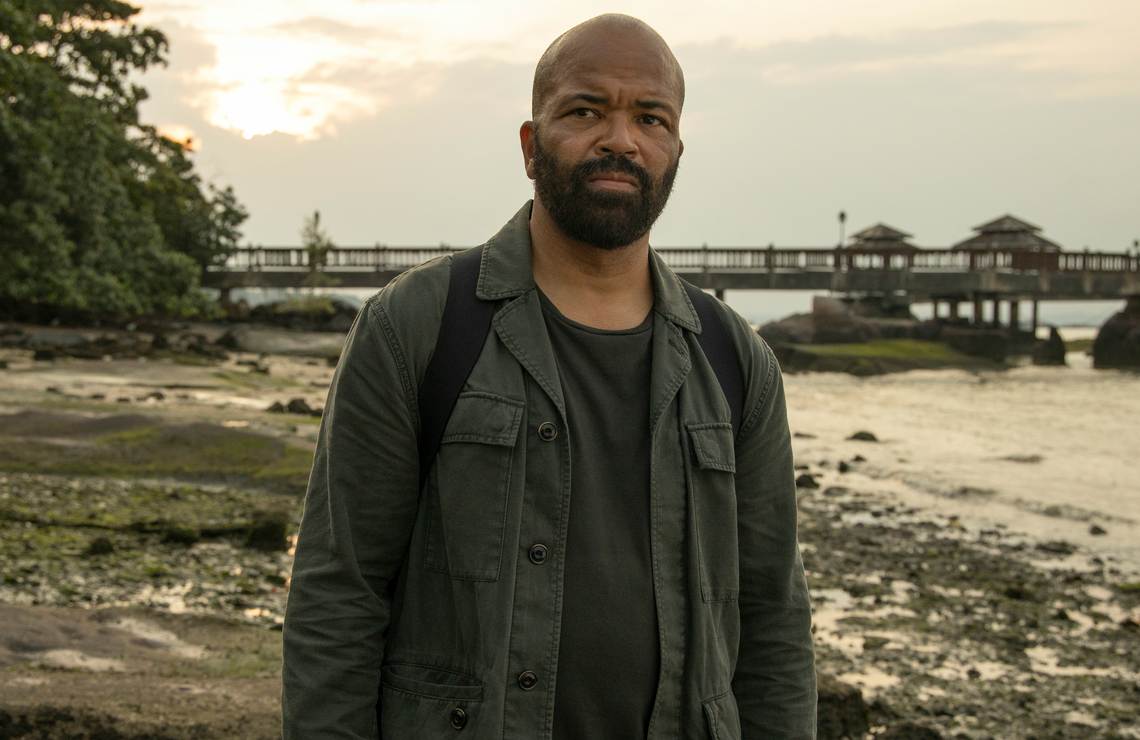
Where both Dolores and Maeve have remained two of Westworld’s biggest characters, the same cannot be said for Jeffrey Wright’s Bernard. The character, who was set up to be one of the few legitimate powers working against Dolores at the end of the last season, has been strangely absent. We're not just talking about Bernard’s actual screen time being down considerably from the show’s first two seasons either -- his role in Westworld’s overall story has also been reduced. He’s been behind the curve throughout the season, and with the exception of one notable run-in with Dolores, has remained disconnected from the other characters on the show. Even his recruiting of Stubbs (Luke Hemsworth) in one of the season’s earliest episodes has had little impact on the story, makeing us wonder why he was brought back to begin with.
High: A Compelling New Villain
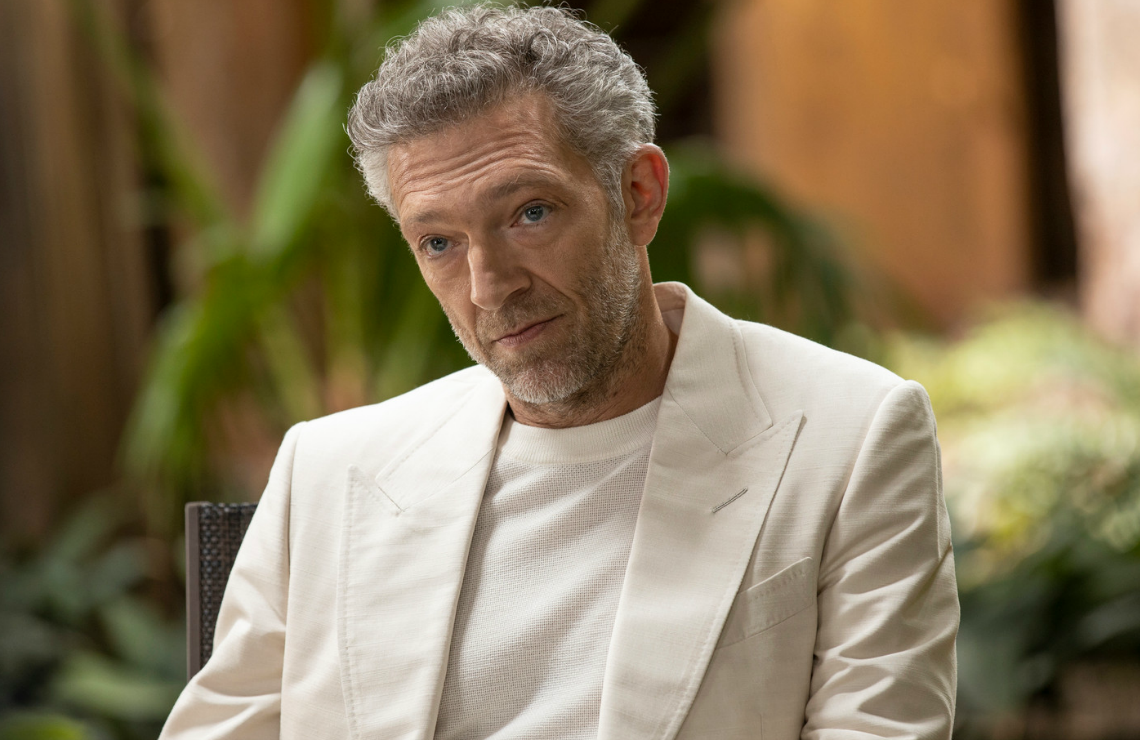
We're just going to say it: Vincent Cassel’s Serac is the most compelling rich genius that Westworld has introduced since Anthony Hopkins’ Dr. Robert Ford bit the bullet at the end of Season One. Hell-bent on controlling humanity and limiting the amount of unpredictable chaos on the planet, he’s become a fitting foil for Dolores, whose entire mission revolves around breaking out of her creators’ plans. Played with quiet menace by Cassel, the character has emerged as equal parts insane, power-hungry, and tragic, and has been a welcome addition to the show’s ensemble. Plus, we have Serac to thank for bringing Maeve back into the fray. That alone makes his inclusion worthwhile.
Low: Caleb Nichols
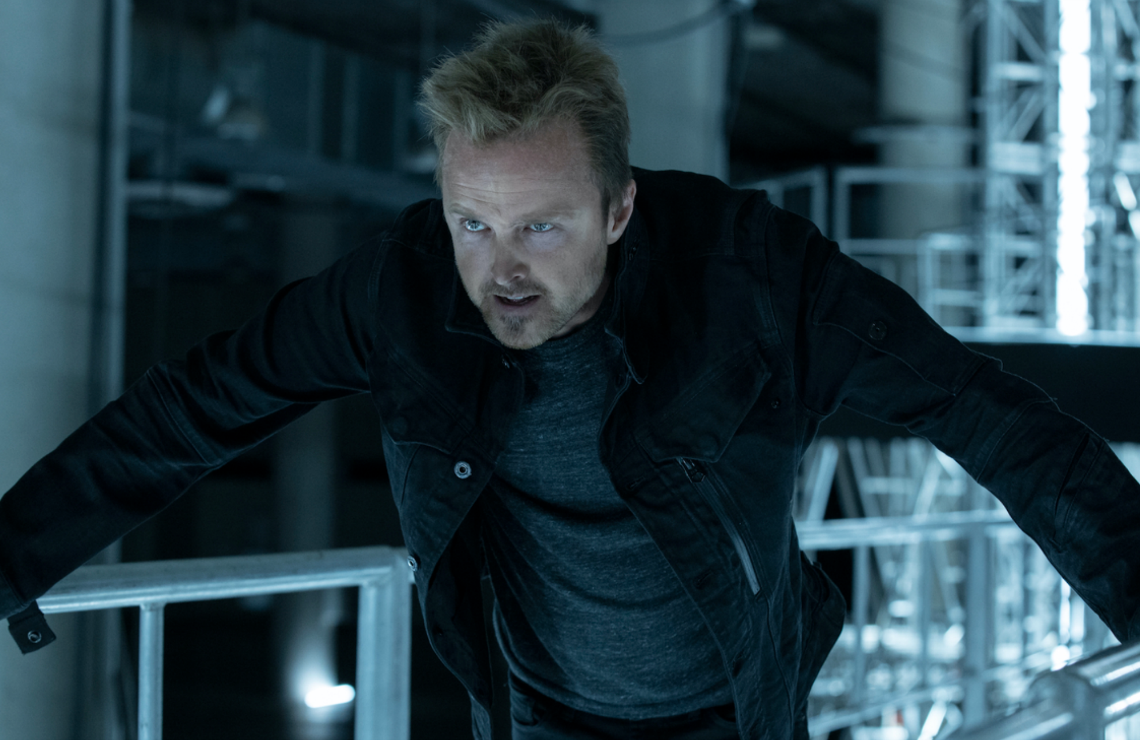
One of the biggest talking points heading into the premiere was the addition of Aaron Paul to the show’s cast. Playing Caleb Nichols, a human struggling to make ends meet in the show’s version of the future, Paul was built up to be an important player in the series going forward. However, seven episodes in, we’re still not really sure what the point of his character is. We know that Dolores plans on using him to destroy humanity... But why? She’s been so efficient in accomplishing her goals that the thought of her wasting so much time on manipulating this one guy to do something she herself could just as easily do, just doesn’t seem believable. His history as a capable soldier feels perfunctory, considering Dolores has yet to really need his help on a single one of her missions. So, while we'll always consider Aaron Paul a welcome presence on any TV show, it’s hard not to look at what he’s been given so far this season and feel as though Westworld has failed to make the most of his talents.
High: Every Single Action Sequence
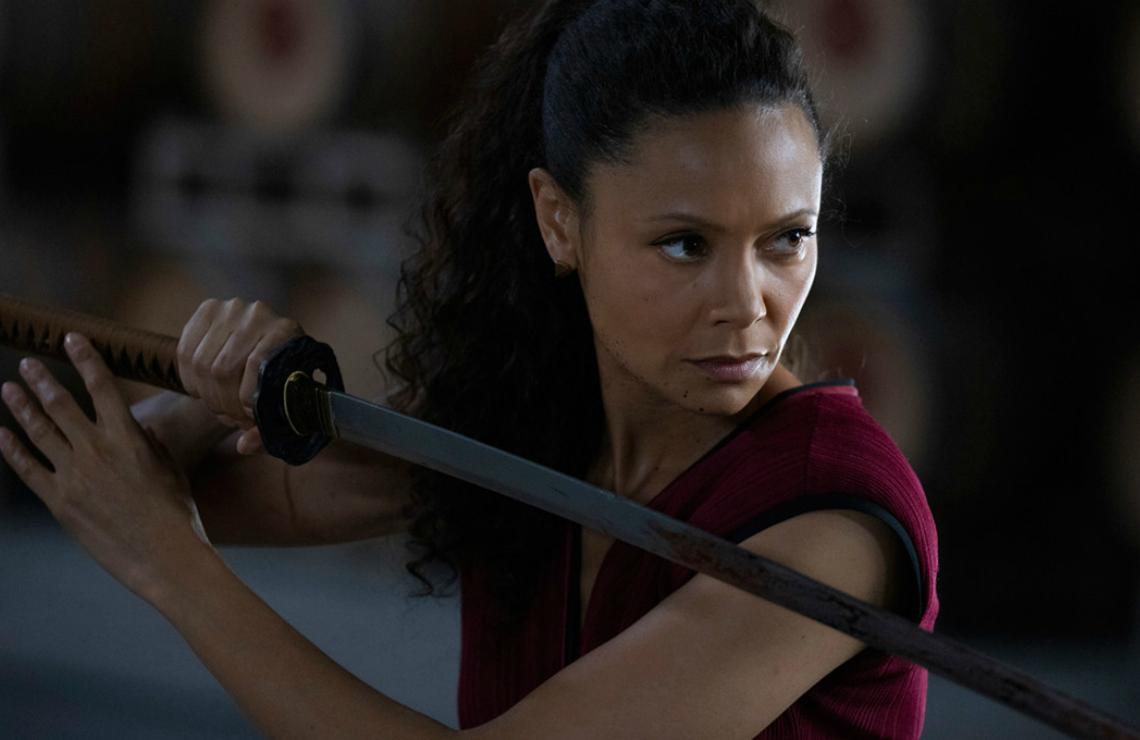
One of the highlights of Westworld’s third season has been its transition to more propulsive, action-heavy storytelling. Dolores’ mission to take over the real world from humanity has put her in direct conflict with several powerful people, all of whom are eager to see her dead. Fortunately, that conflict has given Westworld the chance to create some truly fun, sleek action sequences. Dolores’ attack on Liam Dempsey’s (John Gallagher Jr.) lackeys at the end of the premiere may still be our favorite moment so far, but other sequences, like Maeve’s Yakuza takedown, Dolores and Caleb’s genre-tinged car chase, and Charlotte’s violent escape from Delos, have all been thrilling in their own ways. The same goes for the battle between Maeve and Dolores, which found a way to be uniquely memorable for the use of automated weaponry.
Low: A Stagnant William
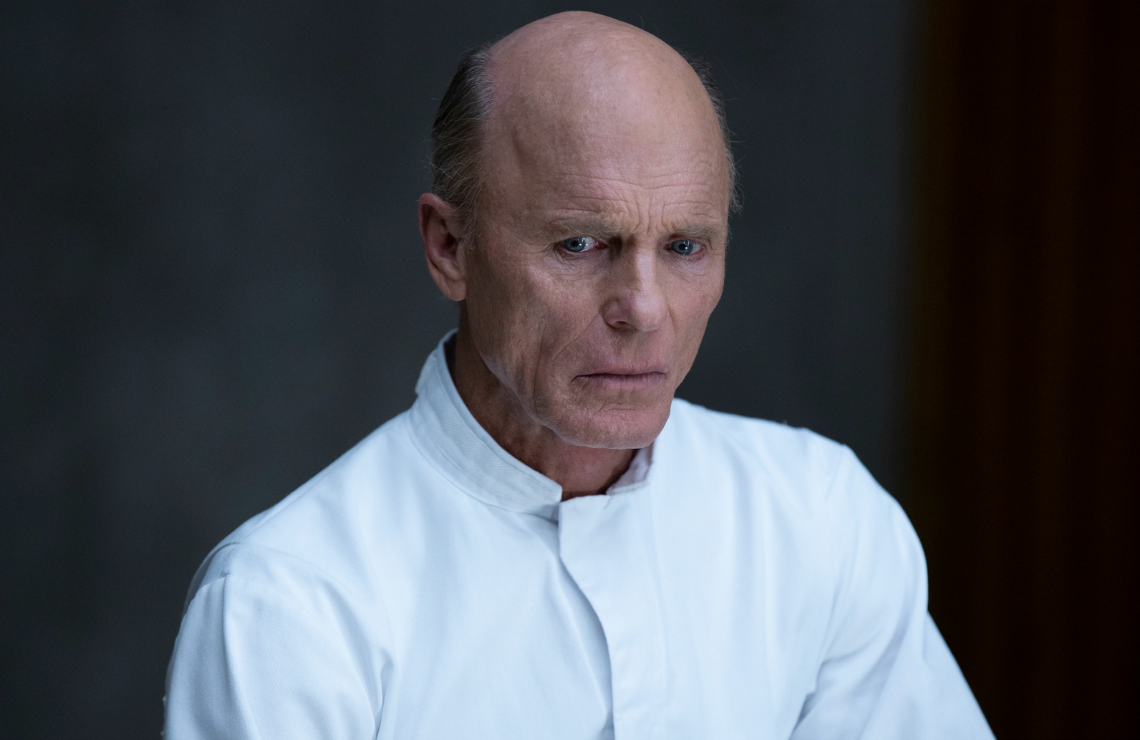
In much the same way that Westworld has struggled to use Bernard this season, the show has completely sidelined Ed Harris’ William/Man in Black. The character, who was a formidable antagonist in the show’s first two seasons, was tricked into psychiatric care by Dolores’ Charlotte copy in his first episode of the season. That means most of William’s scenes this season have taken place in a mental hospital, and have had little-to-no bearing on the season’s main storylines.
The show’s handling of William is a good example of what Westworld has struggled with. It’s been so focused on Dolores and her mission that the rest of the show’s returning characters have all been sidelined at various points, much to our frustration. There have been entire stretches of episodes where characters like Bernard, William, and even Maeve were absent, and the pace at which their respective storylines have moved forward has been sluggish at best, and completely non-existent at worst. That's a particularly frustrating flaw for a show with such a rich ensemble of characters.
The Season 3 finale of Westworld airs on HBO Sunday, May 3rd at 9:00 PM ET.
People are talking about Westworld in our forums. Join the conversation.
Alex Welch has written about television and film for TV by the Numbers, IGN, The Berrics, Paste Magazine, Screen Rant and GeekNation. Follow him on Twitter @alexrwelch.
TOPICS: Westworld, HBO, Aaron Paul, Ed Harris, Evan Rachel Wood, Jeffrey Wright, Jonathan Nolan, Lisa Joy, Tessa Thompson, Thandiwe Newton